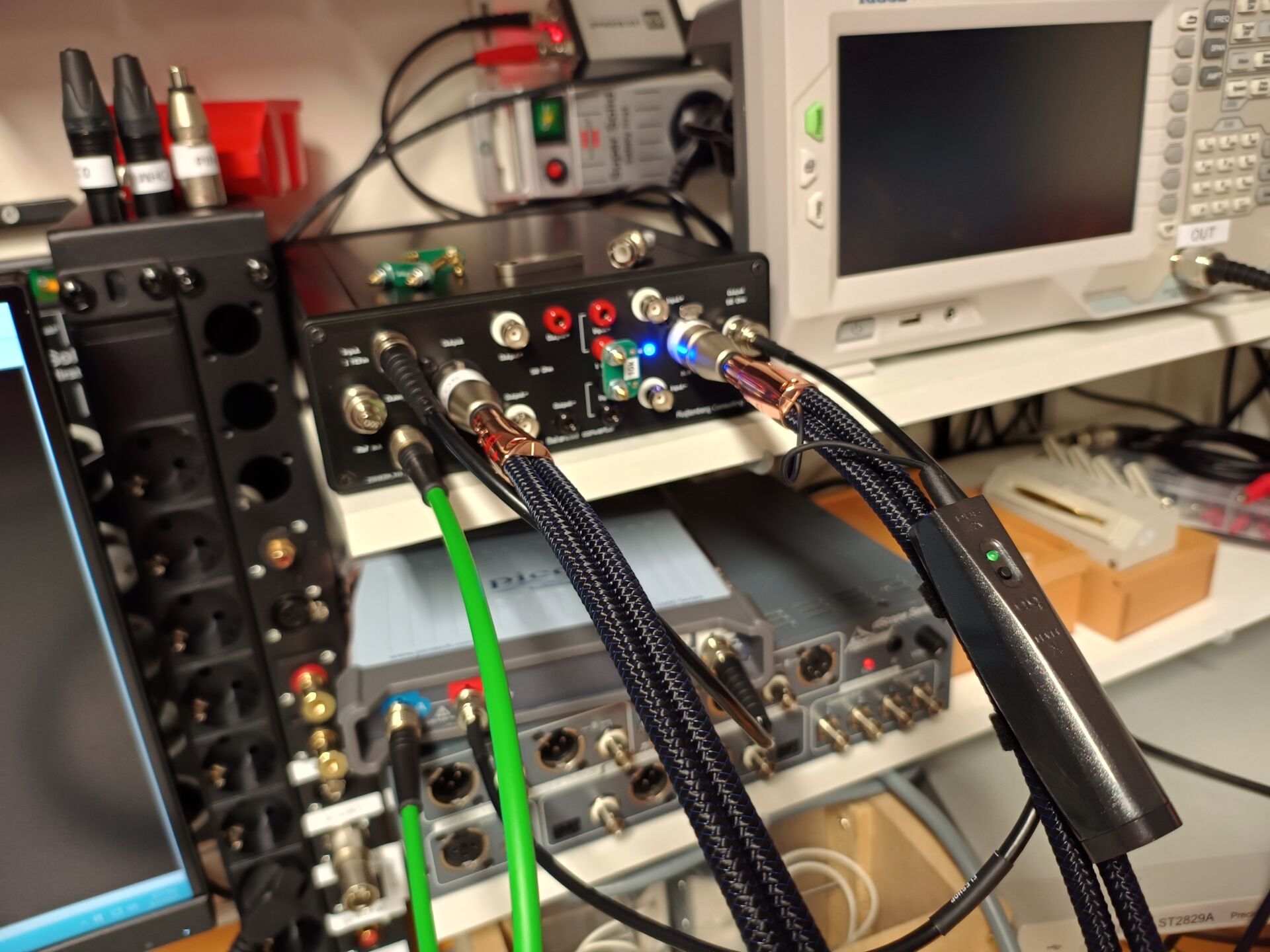mhardy6647
Grand Contributor
- Joined
- Dec 12, 2019
- Messages
- 11,407
- Likes
- 24,763
speaking of AI -- I am (so far) actively avoiding any encounters of the LLM AI kind, so I don't know... but...
How do the AI chatbots do when asked about some of those classic internet "Fools! They laughed at me at University, but I'll show them!" topics , e.g.,
How do the AI chatbots do when asked about some of those classic internet "Fools! They laughed at me at University, but I'll show them!" topics , e.g.,
- chemtrails
- scalar energy
- thimerosal and autism (or whatever)
- [mRNA] vaccines and whatever


